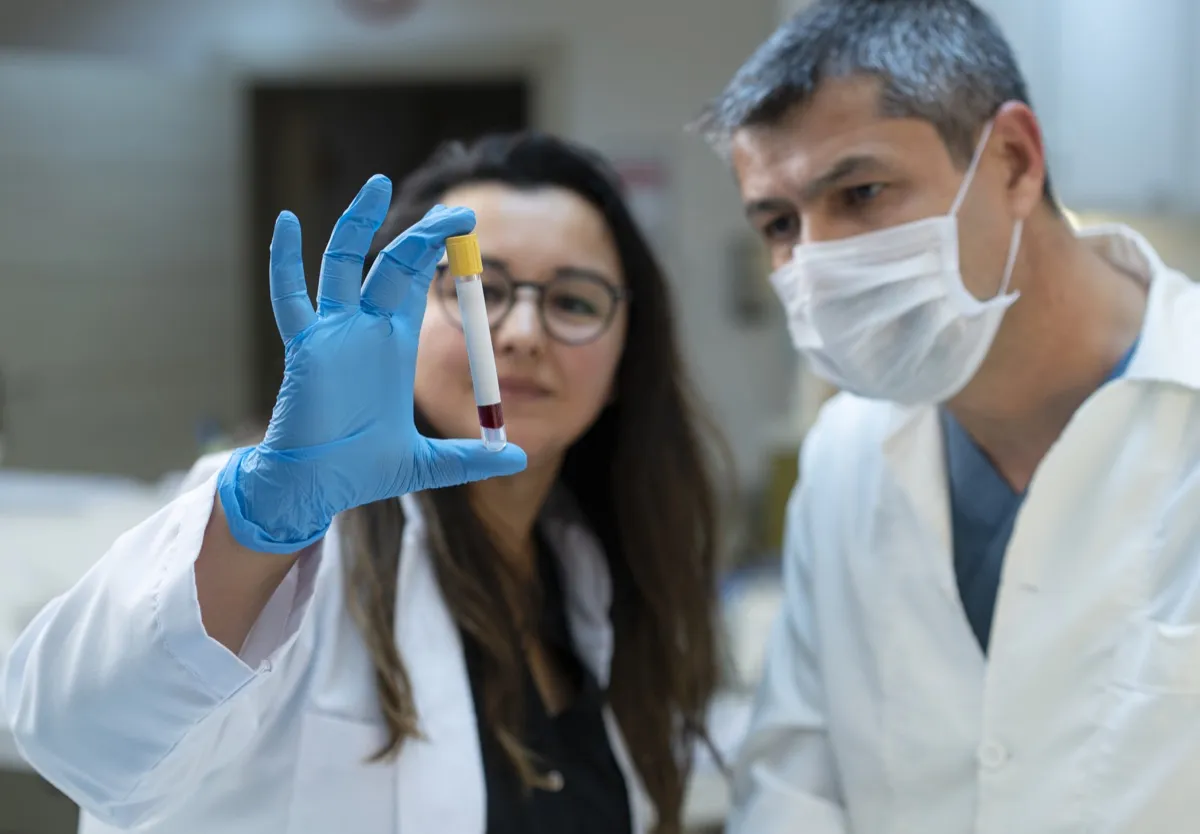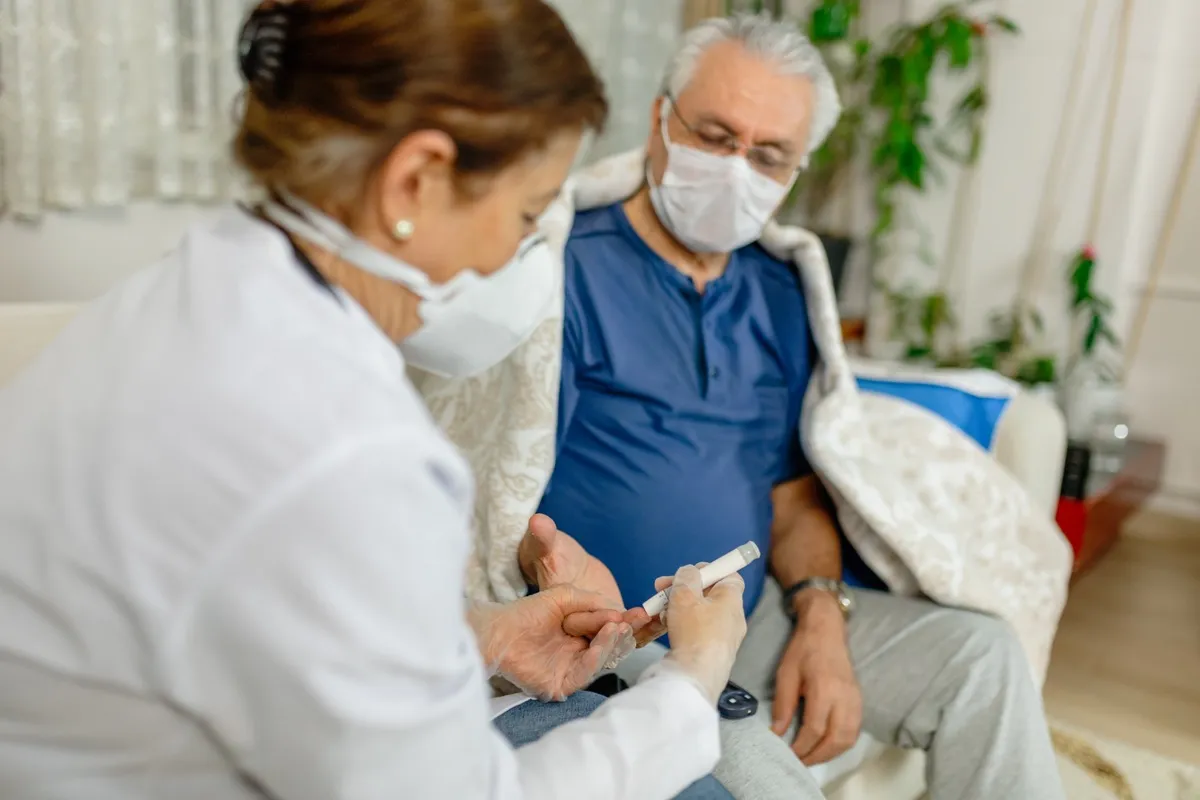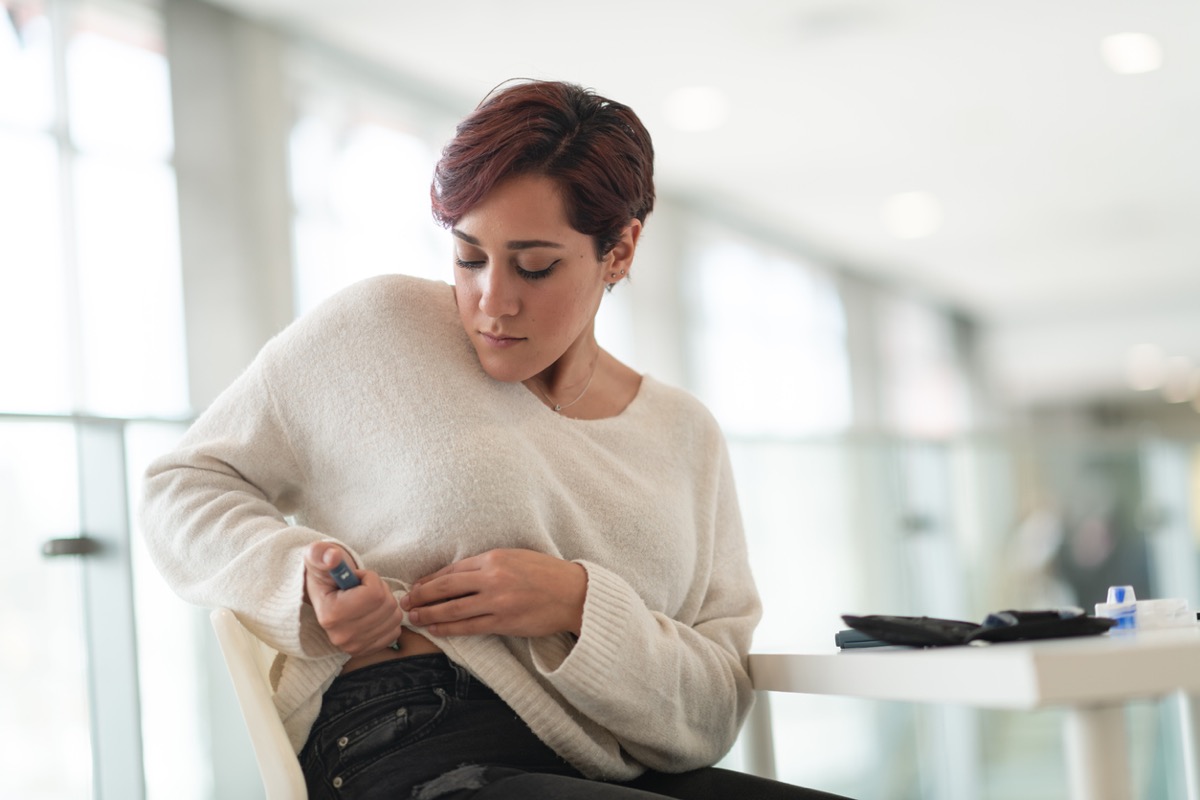Mihail Zilbermint, MD, who cares for patients with metabolic disorders at Suburban Hospital in Bethesda, Maryland, recently told The Washington Post that his caseload has nearly doubled with patients recovering from COVID-19. “Before, we used to manage maybe 18 patients per day,” he said. Now, his team cares for as many as 30 daily. Zilbermint described how many of the patients had no prior history of diabetes. Some developed elevated blood sugar levels while they were in hospital, which returned to normal by the time they were discharged. However, others were diagnosed with full-blown diabetes by the time they went home and some developed the disease in the weeks that followed. “We’ve definitely seen an uptick in patients who are newly diagnosed,” said the doctor. Other cases cited in The Post’s report include a previously healthy 37-year-old man who ended up hospitalized with diabetes, a 19-year-old German who developed type 1 diabetes more than two months after a bout of COVID-19, and an increase in the number of patients at the Children’s Hospital Los Angeles with type 2 diabetes diagnoses linked to the coronavirus. And for another way the virus is wreaking havoc on survivors, check out The “Really Disturbing” Long COVID Symptom Doctors Want You to Prepare For. At the very start of the pandemic, in Jan. 2020, doctors in Wuhan, China, where the disease originated, were already noticing elevated blood sugar levels in COVID-19 patients. Physicians in Italy—another former epicenter of the pandemic—noticed the same phenomenon, drawing a comparison with similarly elevated levels of diabetes seen around the SARS outbreak of 2003. They cited research on that epidemic suggesting that nine months after infection with that coronavirus, 5.8 percent of patients had developed some level of diabetes. Now, a Nov. 2020 meta-analysis out of Canada, India, and Australia that looked at eight studies, which included a total of 3,700 COVID patients, suggested that as many as 14.4 percent of people hospitalized with severe COVID-19 went on to develop diabetes. However, the researchers weren’t able to establish a direct link. And for more COVID news delivered right to your inbox, sign up for our daily newsletter. The Washington Post explains that researchers do not understand exactly how COVID-19 might trigger type 1 or type 2 diabetes, or whether the cases are temporary or permanent.ae0fcc31ae342fd3a1346ebb1f342fcb Francesco Rubino, MD, a diabetes surgery professor at Kings College, London, pointed out to The Post that some of these new diabetes cases do not fit the usual profile of either type 1 or type 2 diabetes, raising the possibility that some new form of the condition has emerged. “There’s a good chance that the mechanism of the diabetes isn’t typical,” Rubino said. “There could be a hybrid form. It’s concerning.” And for more on the long-term effects of the coronavirus, check out The Terrifying Long COVID Symptom Doctors Are Now Warning About. The Post interviewed several patients who now had life-changing diagnoses of diabetes following COVID. John Kunkel of Arkansas is a 47-year-old who was spotted as having dangerously high blood glucose levels during a follow-up appointment post-COVID. He has recently lost his job as a banking executive due to his ongoing health problems. “Will you get your life back?” he asked. “Nobody knows.” Tanisha Flowers, a 40-year-old nurse practitioner who was infected in April while working on a COVID and was later diagnosed with diabetes, had a similar story. “I’m not myself anymore,” Flowers said. “No one knows what the lasting outcomes are.” And for more on life with this debilitating disease, check out 27 Things No One Tells You About Having Diabetes.


